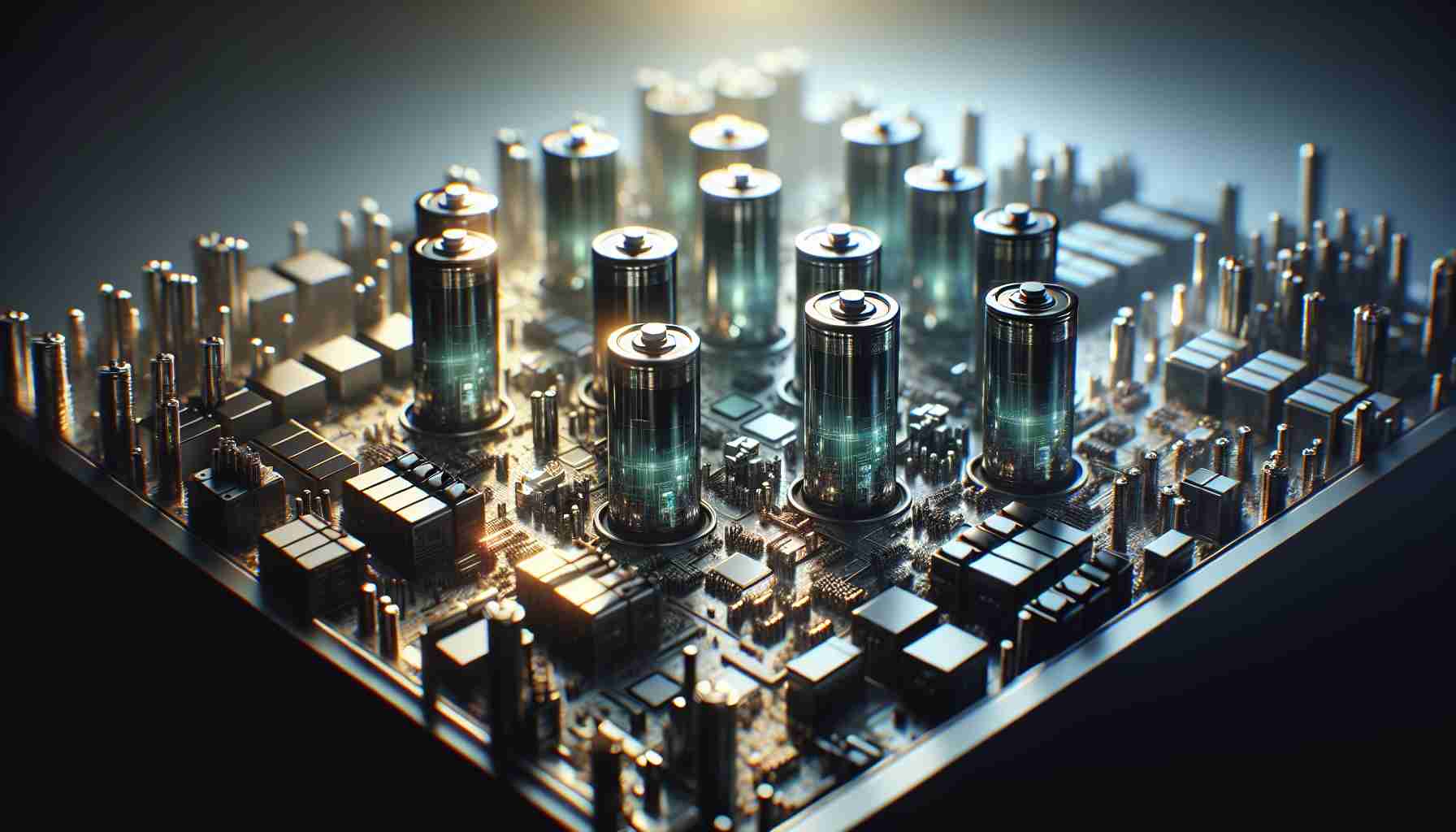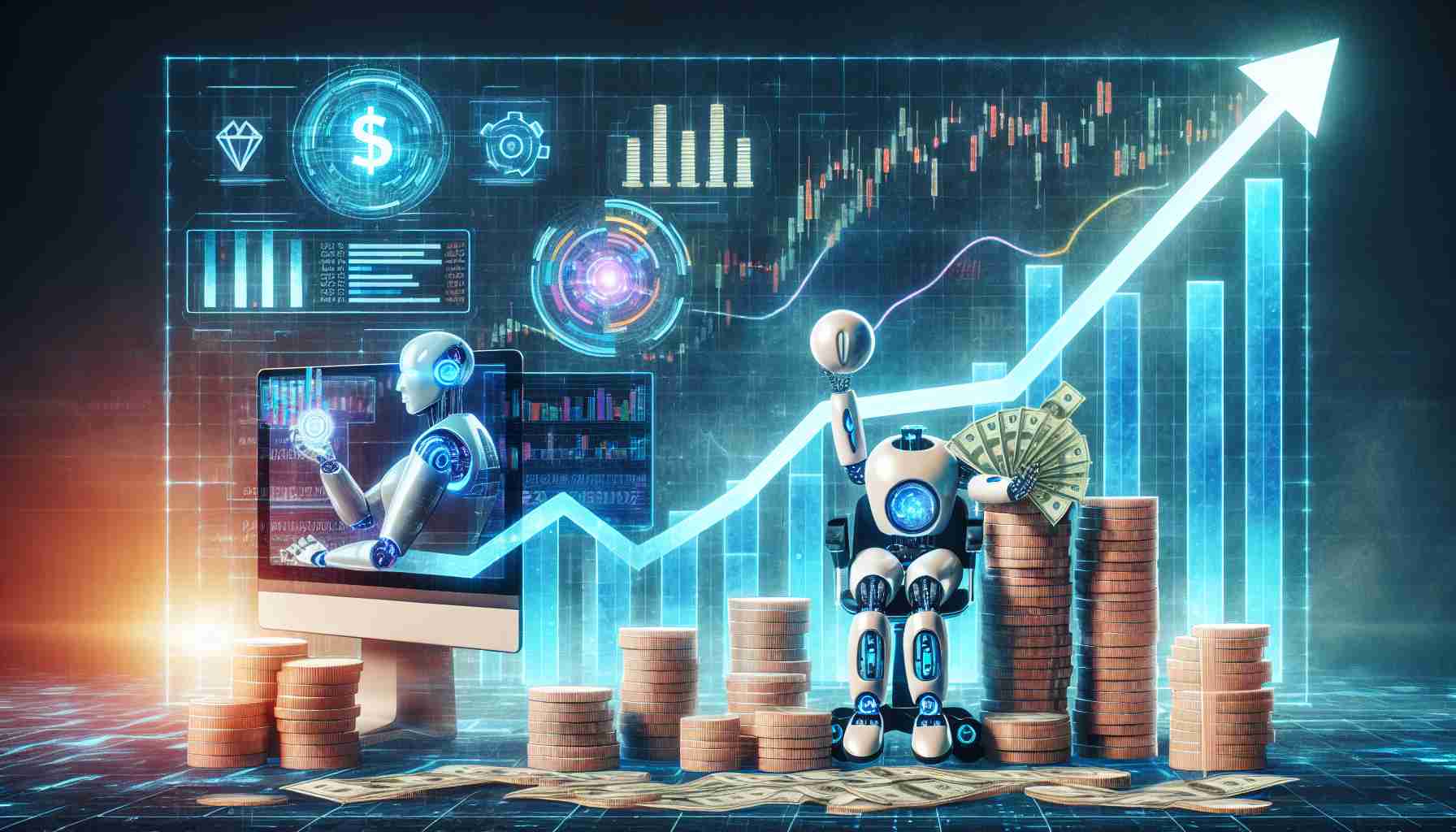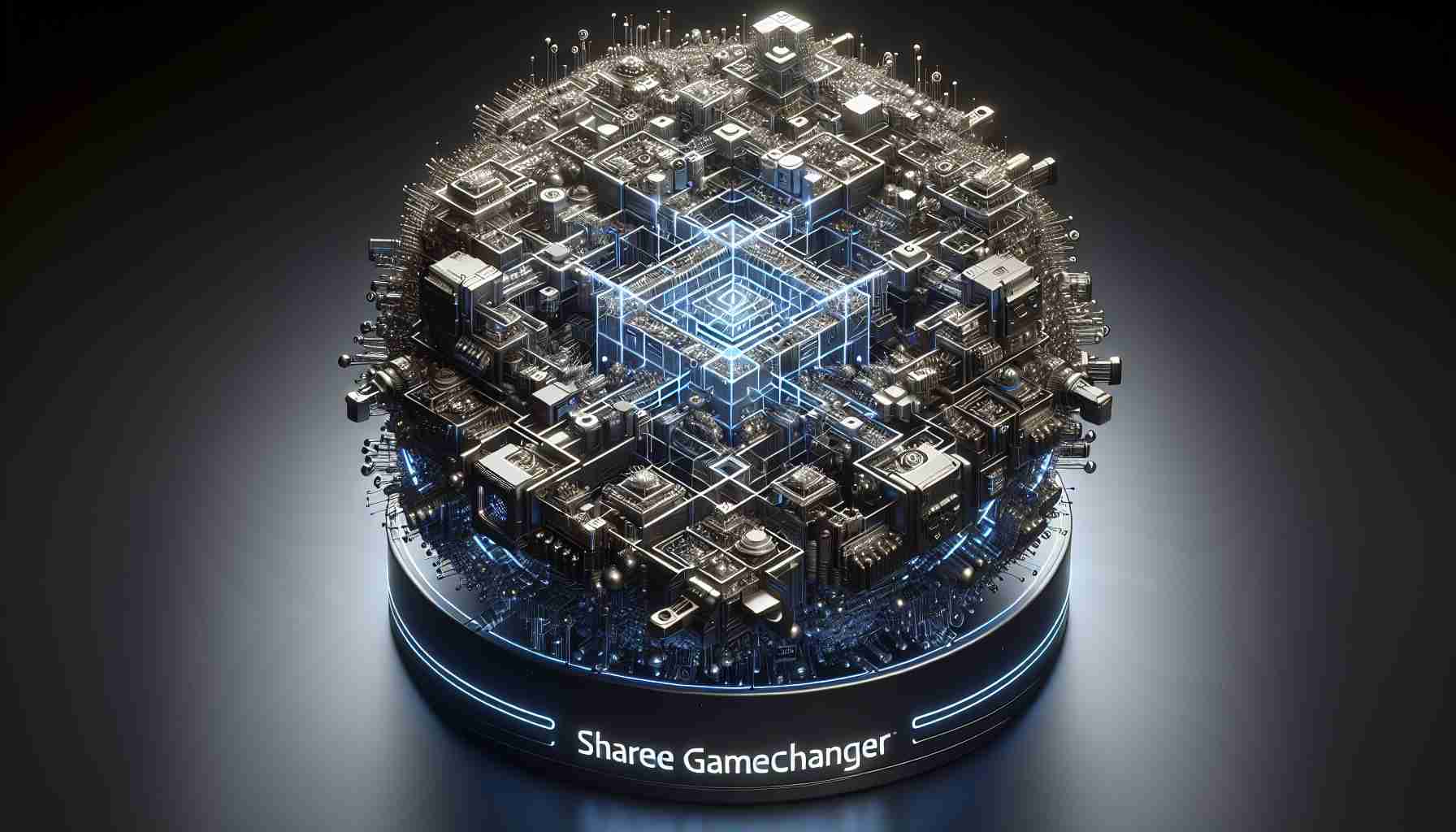In 2023, a significant portion of the global lithium-ion battery components market was captured by Chinese manufacturers, with these companies representing over 80% of the total shipments. This surge has been propelled largely by the booming electric vehicle (EV) market within China, which continues to grow rapidly.
The main components of lithium-ion batteries are essential for their functionality, including cathodes, anodes, electrolytes, and separators. According to research conducted by Yano Research Institute, Chinese firms achieved astonishing market shares in these critical components. Specifically, they commanded a staggering 89.4% of the cathode market, indicating their stronghold in producing this vital element. Furthermore, they controlled 93.5% of the anode segment, 87.4% of the separator market, and 85% of the electrolyte supply.
This dominance allows Chinese manufacturers not only to secure their position in the domestic market but also to extend their reach into international supply chains. As the global electric vehicle industry thrives, the influence of these companies is likely to continue growing, shaping the future landscape of battery technology and production. This trend raises important questions about supply chain resilience and competition in a rapidly evolving technological field.
Powering the Future: Tips and Life Hacks for Lithium-Ion Battery Awareness
In light of the recent advancements and market dominance of lithium-ion battery components, particularly by Chinese manufacturers in 2023, it’s essential for consumers and enthusiasts alike to understand the implications of these developments. Here are some insightful tips, life hacks, and interesting facts associated with lithium-ion batteries that can help navigate this electrifying world.
1. Extend Battery Lifespan with Smart Charging Practices
One of the best ways to enhance the longevity of your lithium-ion batteries, whether in your smartphone, laptop, or electric vehicle, is to practice smart charging habits. Avoid letting your battery drain completely to 0% before charging; instead, recharge when it hits around 20% to 30%. Additionally, try to unplug the charger once it reaches 80% for optimal battery health.
2. Keep Your Battery Cool
Lithium-ion batteries perform best in cooler environments. High temperatures can lead to reduced capacity and lifespan. If possible, avoid leaving devices in hot places, such as hot vehicles or direct sunlight. For those using electric vehicles, check if they have temperature management systems that optimize battery performance.
3. Consider Battery Storage
If you plan not to use your device for an extended period, store your lithium-ion batteries at around 50% charge. This balance helps to prevent damage while also ensuring the battery is ready for use when needed.
4. Recycling for a Sustainable Future
As the demand for EVs grows, so does the importance of recycling lithium-ion batteries. Many companies offer programs to recycle old batteries, ensuring the materials can be reused and reducing environmental impact. Look for local recycling programs to dispose of batteries responsibly.
5. Understand Battery Technology
Stay informed about the latest advancements in lithium-ion technology. Research shows that innovations such as solid-state batteries may revolutionize the market, offering higher capacities and improved safety. Knowledge of these developments can help you make informed choices when purchasing new devices or vehicles.
Interesting Facts About Lithium-Ion Batteries
– The Energy Density Champion: Lithium-ion batteries are renowned for their high energy density, allowing them to store more power in a smaller, lighter package compared to traditional batteries. This characteristic plays a critical role in the efficiency of electric vehicles and portable electronics.
– A Global Shift: As of 2023, China has firmly established itself as a leader in lithium-ion battery manufacturing, capturing massive shares of the global market. This shift has profound implications for international trade and technology supply chains.
– Not Just for EVs: While electric vehicles are a significant application, lithium-ion batteries power a wide array of devices, including smartphones, laptops, and even renewable energy solutions like solar power systems.
Ultimately, the world of lithium-ion batteries is continually evolving. Staying updated on best practices and emerging technologies will empower you to make the most of these essential components of modern life. To learn more about electric vehicles and battery technology, visit Energy.gov for more resources and information.























